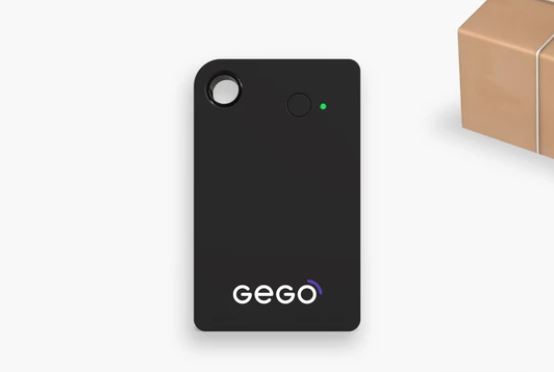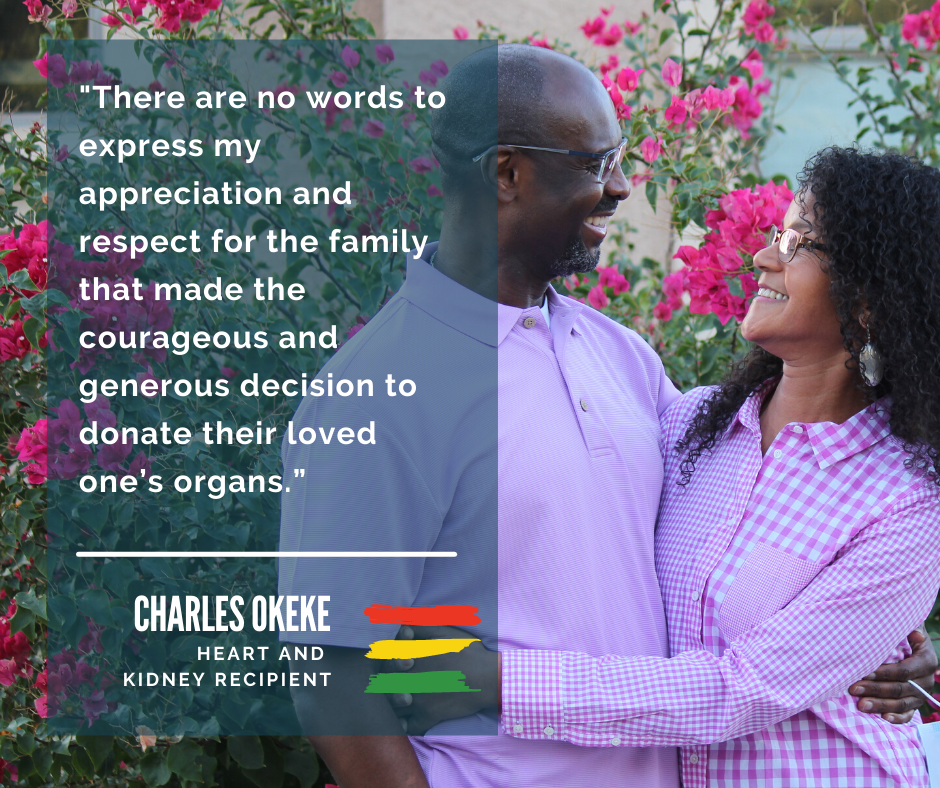The gift of tissue donation: How tissue donors give hope, healing & restored life
Did you know that tissue donation impacts the lives of more than one million people in the United States each year through transplantation? Let’s take a few minutes to talk about this incredible gift of healing!
One tissue donor can help support the healing of more than 75 people by restoring mobility, supporting burn victims, replacing damaged heart valves, and aiding in reconstructive surgery after breast cancer. Bone, cardiovascular, connective and skin tissues improve lives in many ways, offering hope and healing through transplantation.
Her heart beats strong, thanks to a new heart valve...
At just 9 years old, Heather Jauregui underwent her second open-heart surgery, where she received a new heart valve. This donated tissue allowed her to get back to her active life.
“I’m very thankful to the donor who gave me my heart valve and to their family who must have been so sad but still so giving,” says Heather.
Heart valve transplants go to pediatric patients more than 76% of the time. In 2020, Donor Network of Arizona (DNA) recorded the highest number of heart valve donors for a single organization in U.S. history.
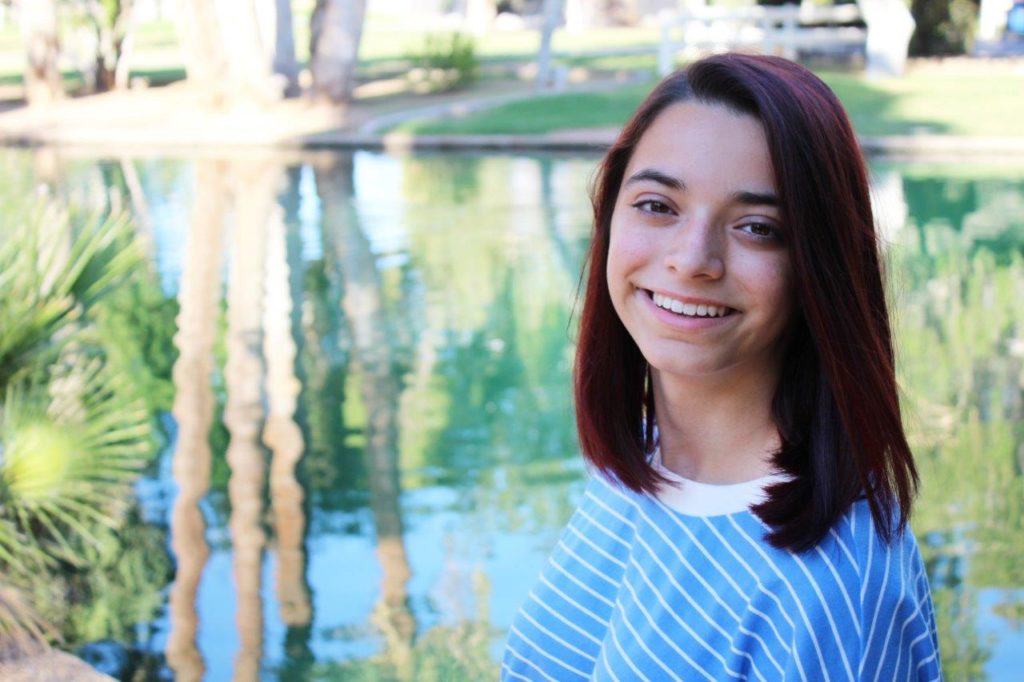
Baby Weston has been a lifesaver since birth...
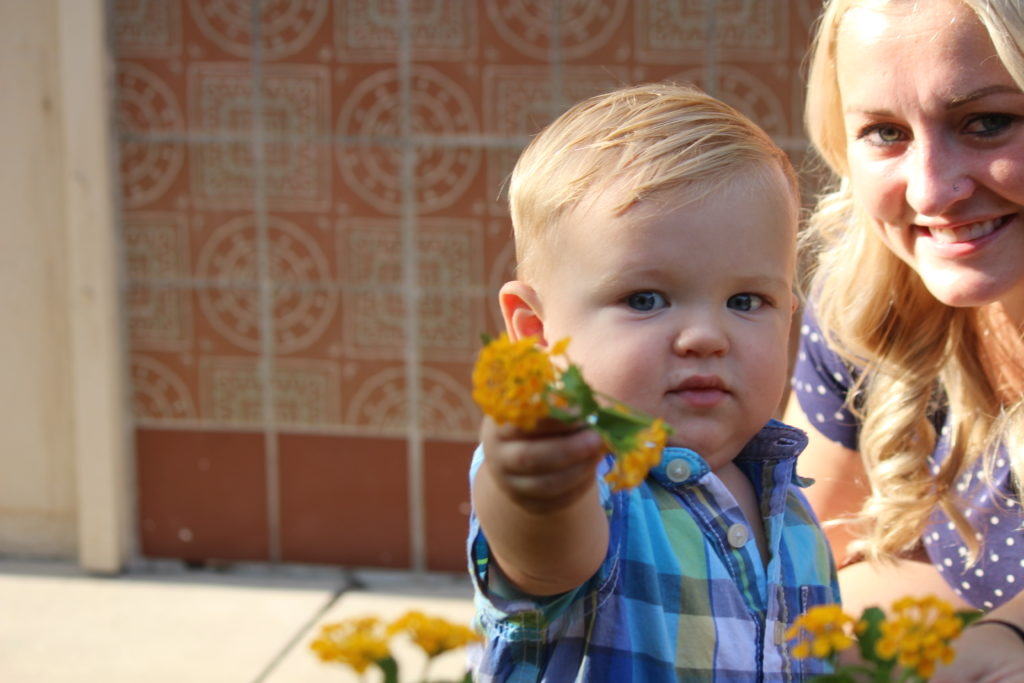
Following the miracle of life, mothers with a scheduled cesarean section can give the gift of healing by donating their placenta, which is often discarded otherwise.
When Kayla Click’s doctor presented her with the option of placenta donation, she knew immediately that she wanted to donate.
“As a social worker, I always look for my ‘why.’ Always trying to find a way to do more and be more for others and for my family,” says Kayla. “DNA was very pleasant to work with and was so kind during an exciting time.”
Since starting this program in 2018, DNA has had more than 270 moms choose to give this healing gift! Learn more at BirthTissue.dnaz.org.
She healed so many through tissue donation...
Regarded by her children as their biggest fan and the center of their family, Peggy Caniglia is truly missed. When she passed away in 2016, her family knew immediately that she would want to help heal others through donation.
“My mother’s gifts did not take away the pain of her passing, but it has given us an outlet to continue her story,” says one of her daughters, Katie Benton. “To keep talking about her. My children know that their Nana was a hero. I am proud to share that my mother’s gifts have helped heal more than 110 people. Tissue donation is truly a priceless gift.”
Though Peggy’s family may never know the specific people across 17 different states who received her gifts, Katie likes to think that there is a grandmother out there who is able to run and play with her grandchildren, thanks to her mother’s gift.
If you would like to register as an organ and tissue donor, visit DonateLifeAZ.org/register.

Breast Reconstruction Awareness (BRA) Day
What is National Breast Reconstruction Awareness (BRA) Day? It’s a national initiative designed to promote education, awareness and access to information regarding post-mastectomy breast reconstruction.
There are now many options available for breast reconstruction after a mastectomy, including reconstruction with implants using donated skin or tissues from a person’s own body. One tissue donor can help up to 10 people undergoing reconstructive surgery!
Partnerships to Restore Hope
Making tissue donation and transplantation widely available in Arizona is possible thanks to dedicated partnerships with funeral homes, medical examiner’s offices and tissue processors across the state.
We can’t thank these partners enough for all they do to help honor the decisions of Arizona donors to heal others through tissue donation!
What exactly happens after you check the box at ADOT MVD? And how checking that box may one day save and heal lives.
If you’ve been to an Arizona Department of Transportation Motor Vehicle Division (ADOT MVD) office anytime over the last several years, chances are you have seen this line with that checkbox next to it:
Be one in 4 million!
More than 4 million people have joined the DonateLifeAZ Registry as an organ, eye and tissue donor this way. After you checked that box, the rest of the work is behind the scenes, which leaves many to wonder, “What exactly happens to my information after that?”
This August, for ADOT MVD Saves Lives Month 2021, let’s remove the mystery.
This is the ADOT MVD donor registration process after an Arizonan checks that box:
- An ADOT MVD employee enters that person’s information and their donation registration decision into the ADOT MVD computer system.
- A temporary, paper credential is issued, and if the person chose to be a registered donor, the credential features the DONOR ♥.
- The insignia is also printed on the permanent credential sent to the client in the mail several weeks later.
- An ADOT MVD computer system electronically sends the information of those who registered directly to the DonateLifeAZ Registry automatically daily.
- ADOT MVD only submits this information. ADOT MVD employees do not have access to view or edit any information on the DonateLifeAZ Registry.
- New registrants receive a letter from Donor Network of Arizona (DNA) detailing their decision to be an organ, eye and tissue donor.
- If a person changes their decision or doesn’t wish to be a donor, they can call DNA to be removed from the registry or remove themselves from the registry online.
DNA later checks registry status of a person after they have passed away to then determine if this person could save up to eight lives and heal 75 more as an organ, eye and tissue donor. This is made possible because all hospitals in Arizona have to report to Donor Network of Arizona any time someone passes away.
A growing partnership:
ADOT MVD also contracts with independent MVD service locations known as authorized third party (ATP) offices. The ATPs that offer state IDs or driver’s licenses also give customers a chance to register as an organ, eye and tissue donor. They upload their information to the DonateLifeAZ Registry through ADOT MVD and have no access to view or edit such information.
Only a select team of employees at DNA have access to the DonateLifeAZ Registry. No person or entity outside of DNA has access to see or modify the information in the registry. It is strictly confidential.
Don’t want to wait in lines?
Arizonans can join the DonateLifeAZ Registry when they apply for or renew a driver’s license or state ID at an ADOT MVD office. They can also register online at DonateLifeAZ.org.
Stars Above ✨ A virtual donor remembrance
“Tonight, we dedicate a star in honor of your loved one, of our 2020 Arizona donors. So, when you look up in the sky tonight, you’ll be able to see the light that they left behind, knowing that other families are looking at the same star and their hearts are filled with love,” says Tim Brown president and CEO of Donor Network of Arizona (DNA).
Even though this ceremony took place virtually, this beautiful event connected 2020 donor families and recipients through the hope and light donation brings. The comments shared in the live chat expressed the theme, Stars Above, which reflects what we hope donor families feel, that a star shines the brightest in the darkest of times.
He Gave Life and Light in abundance
Shawn Hunt passed away unexpectedly in July 2016, and became an organ donor. Shawn gave life and light in abundance, and he was known for being a quiet man who helped anyone who needed it. The father of two saved six lives and gave hope to many other families.
Shawn’s father, Kermit Hunt, is thankful that through organ donation Shawn has been able to bring hope and beautiful life to other wonderful families. Shawn’s family sent letters to his organ recipients so they can continue to see how Shawn has given light and hope through organ donation.
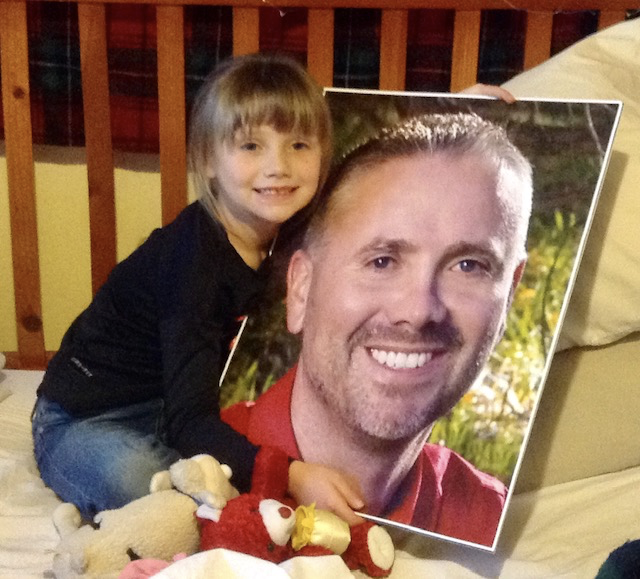
Your son Blessed me with life
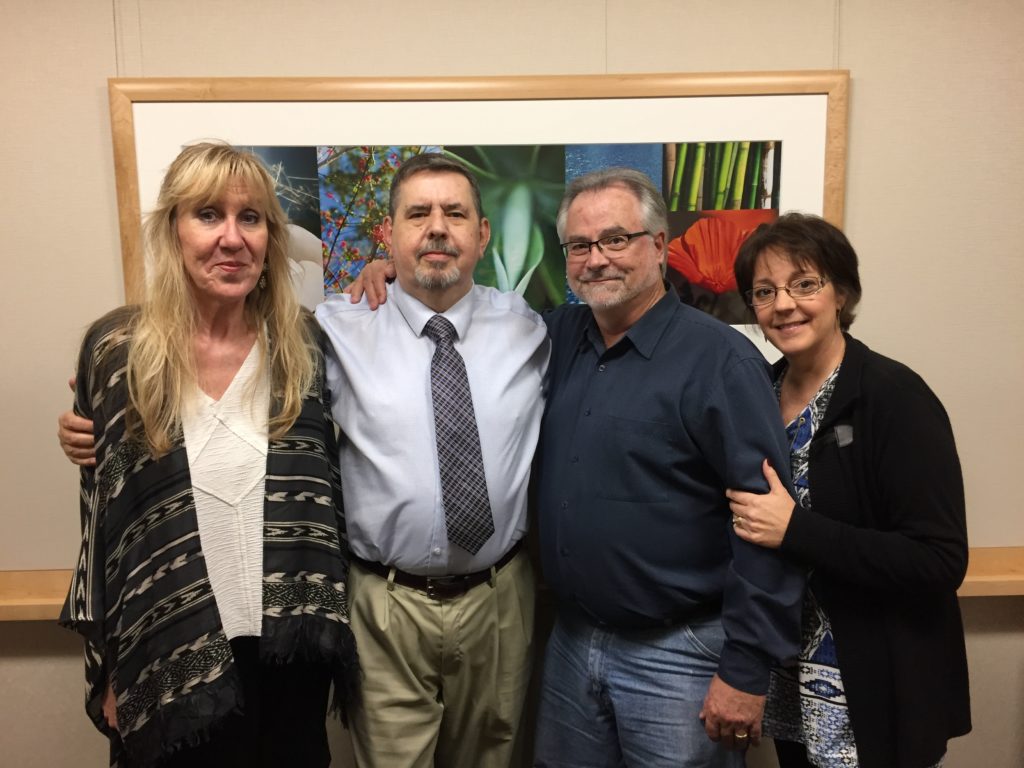
(l to r: Corrine Craig, Stephen Craig, Kermit Hunt, Stacy Hunt)
Stephen Craig received one of those letters, along with a second chance at life thanks to Shawn’s heart donation.
Stephen is forever grateful that Shawn’s family was able to make such a lifesaving choice during such a tragic time.
“Your son blessed me with the miracle of life through the donation of his heart, every breath I take, every beat of my heart is because of Shawn and the two of you,” says Stephen during the event honoring the life and light of donors. “I cannot thank you enough and I wish there were words to convey my gratitude for the gift of life the three of you have blessed me with.”
A STAR DEDICATED TO 2020 ARIZONA ORGAN, EYE AND TISSUE DONORS
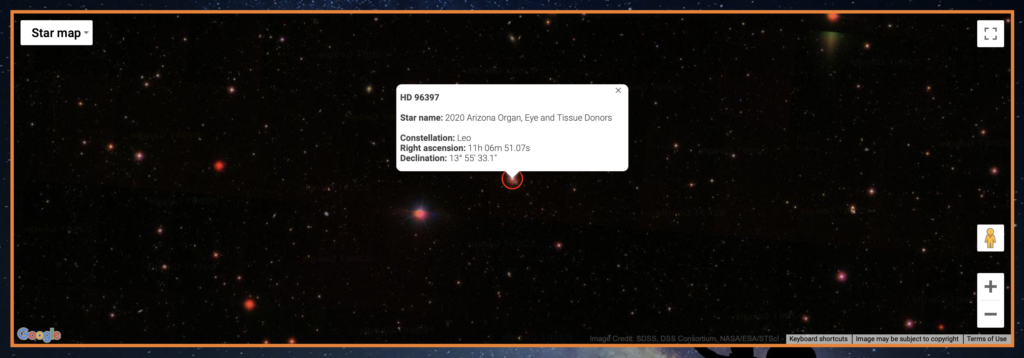
Sparkling Star Register
1. Click here to view on the Sparkling Star Register website.
2. Search “2020 Arizona Organ, Eye and Tissue Donors” in the search bar.


Precious Cargo: GPS Tracked Packages for Organ Donation
Donor Network of Arizona (DNA) has collaborated with United Network for Organ Sharing (UNOS) to improve the way we transport organs by using GPS tracked packages.
“The loss of a donated organ is very rare. Less than 0.1% of donated organs experience transportation issues resulting in its loss,” says PJ Geraghty, vice president of DNA Clinical Services. “Still, we know even one lost organ could potentially mean a patient in need won’t get a transplant in time to save their life.”
As a pilot participant, DNA provided feedback and improvement suggestions while using the service to monitor precious organs from Arizona donors to ensure they arrived safely to transplant hospitals.
“We built this service around the needs of the organ procurement organizations (OPOs),” says Casey Humphries, UNOS Labs program manager. “The fact that OPOs influenced the workflow of this service is what sets it apart. It was developed and continues to evolve around what works best for them.”
New Technology for More Lifesaving transplants
UNOS is now offering the service for all 57 organ procurement organizations (OPOs) in the U.S. Sixteen OPOs participated in the pilot program. The UNOS Organ Tracking Service utilizes GEGO Internet of Things (IoT) technology and is integrated into the systems the nation’s OPOs already use to package and label organs for transport to organ transplant.
DNA and UNOS both focus on making more lifesaving transplants available, safely and equitably, to the 108,000 patients on the national organ waiting list.
“Providing organ procurement and transplant professionals tools that enable them to work more efficiently and save more lives is at the core of what we do,” says Humphries.
“A hardworking team and the generosity of Arizonans help DNA save and heal more lives each year,” says Geraghty. “However, we always seek to improve our processes until no one loses their life while waiting for an organ transplant.”
Arizonans can join the DonateLifeAZ Registry when they apply for or renew a driver’s license or state ID at an ADOT MVD office. They can also register online at DonateLifeAZ.org.
How does blood donation impact organ transplantation?
We already know you’re a registered organ donor to help save and heal lives after you pass away (and if you’re not, you can do that here!) But what about something to do in the meantime? Consider donating blood or plasma!
Who coordinates blood and organ donation?
Blood and organ donation, though managed by separate entities, go hand in hand. Donor Network of Arizona (DNA) is the federally designated organ procurement organization for Arizona and coordinates all donation for transplantation for the state. Vitalant is the nation’s largest independent, nonprofit blood services provider, with more than 120 donation centers, including those in Arizona.
Why does blood donation matter?
In order for a transplant recipient to receive the gift of life from a generous donor, the transplant center needs the correct blood type to support the procedure.
Thanks to the generosity of blood donors, it is rare that someone receives the call that their lifesaving transplant procedure cannot be done because the hospital does not have the correct blood type. This is a situation no one wants to experience for themselves or their loved one.
“Often times with the cardiac procedures or heart transplants, [patients] need a significant amount of blood,” says Rhiannon Knueven, manager of Tissue Recovery at DNA. “The last thing that we would want to happen is somebody in line for their procedure, it’s scheduled, and because they don’t have that [blood donation] match, they wouldn’t be able to have a transplant.”
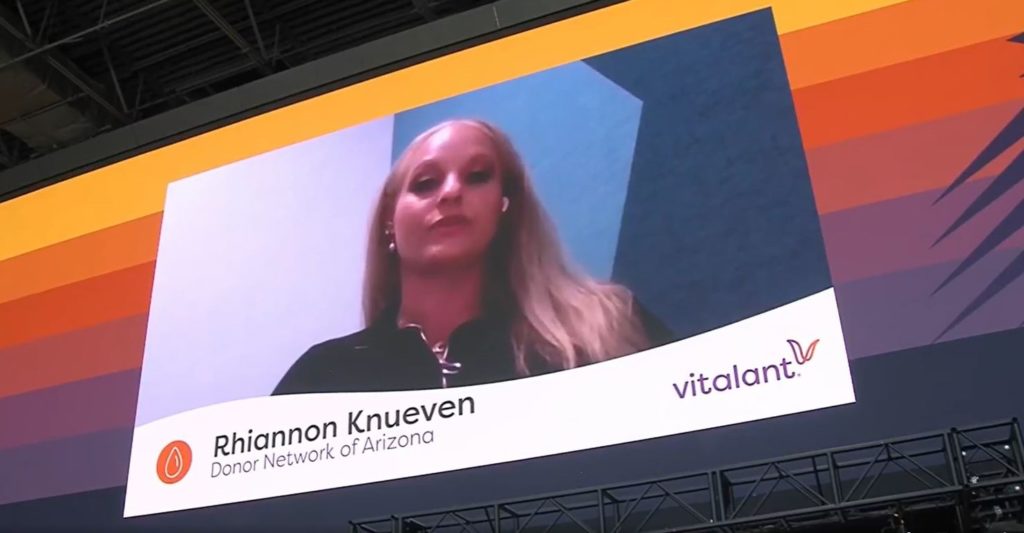
In 2020, 40,000 organ transplants were performed in the U.S., according to United Network for Organ Sharing. Every day in the U.S., patients in hospitals, surgical centers and emergency treatment facilities need approximately 36,000 units of red blood cells.
Every two seconds, someone in the U.S. needs a blood donation. Blood donation is vital for lifesaving procedures such as organ donation. Most organ and bone marrow transplants require at least a unit or two of blood. Patients who need a liver transplant may need 20 or more blood units.
Patients who need platelets and plasma donations also require at least a unit or two of blood. Platelets help clot blood to stop bleeding. Cancer patients who are undergoing chemotherapy can have their body’s platelet count reduced and that can lead to internal bleeding. Your donation can help patients undergoing chemotherapy or in a need of a lifesaving transplant today.
Your blood donation also helps carry out the decision of organ donors and their families to save the life of another. Organ donation would not be possible if it were not for the selfless act of blood donors who choose to give life.
Celebrating World Blood Donor Day
World Blood Donor Day is on June 14, 2021, and it is a great reason to donate today. People who are 16 years old and above can donate and save three lives with their donation. You can donate up to every 56 days or every eight weeks. This also means that you can donate about six times a year, saving approximately 18 lives every year. That is 18 lives in your community that you can save.
Tattoos and ear or body piercings do not defer you from donating in Arizona. Guidelines ask that you wait three months after receiving the tattoo or piercing, but you still have the opportunity to change a blood recipient’s life. Explore your eligibility and make an appointment at https://www.vitalant.org/.
Donate Life Month 2021
We knew Donate Life Month 2021 would look different due to the global COVID-19 pandemic, but are so happy with the support we received and the hope we were able to spread together this year! There were more than 100 hospitals, health care organizations and community partners that joined us to make this April a success.
Together we did things like raise the Donate Life flag across the state, register and reaffirm more than 700 people, and spread the message of donation far and wide on social media. We appreciate all you do!
Kicking off a virtual celebration
Think you know all about donation? Test your skills by clicking the link below! Donor Network of Arizona staff kicked off Donate Life Month by playing a trivia game on Facebook live on April 1. Play along with them as they compete to find the right answers.
We love our volunteers!
We celebrate Volunteer Appreciation Day each April 10 because we are so thankful for our volunteers! Donate Life Arizona and Done Vida Arizona volunteers help us spread the lifesaving and healing message of organ, eye and tissue donation and transplantation. While we haven’t been able to attend events together like this for over a year because of COVID-19, we look forward to getting back out and educating the public together. Interested in volunteering? Visit donatelifeaz.org/volunteer to get started.
A symbol of hope: why we raise the donate life flag
Thank you to everyone who flew the Donate Life flag this April and beyond. It is a symbol of hope for all those touched by donation.
Jennifer Valente Caywood, as an organ recipient and a donor family member, is truly moved every time she sees the Donate Life flag waving in the wind. She says she even purposefully drives in the slow lane by the transplant center where she received her lifesaving transplant to see if they’re flying the Donate Life flag. Thank you to everyone who honored her journey–and that of all our donor heroes, their families and recipients–by raising the flag with us during our livestream or to anyone who flies the flag this month and always.



Just a few of the many partners that flew the Donate Life flag
no, doctors will not let you die because you're a registered donor
We’ve all seen a movie or TV show where an emotionally conflicted medical professional lets a patient’s life slip away to make sure a [insert family member here] receives the heart transplant they so desperately need. We get it—it’s suspenseful and compelling. That’s the point.
Movies and television shows get more viewers with some drama and a tug at your heartstrings—with accuracy tossed out. In this context, entertainment supports an urban legend, and the fear it perpetuates actively prevents the lifesaving gift of life.
In an emergency, physicians, nurses and other EMS workers don’t have time to even check a patient’s name—let alone their donation registration status, even if it is shown on their ID. They work hard and swiftly to stabilize a patient. That’s it.
To help combat this myth, Donate Life Arizona went live on Thursday, April 22, for a panel discussion and Q&A. Watch the recording below to learn more.
Ah-Cado toast
Friday, April 30, 2021, we hosted our second annual Donor Remembrance Day on the Donate Life Arizona Facebook page. At the center was Cori Hutchison, the mother of donor Will Hutchison, 2, who passed away from complications of a vascular disorder.
“Will’s recipients—I love them like family so much, and I haven’t even met them,” Cori says about the loss of her 2-year-old son who saved and healed others through donation. “I just love that kid so much. We miss him.”
Will passed away in 2018, and his family since submitted a recipe for the first edition of the Donate Life Arizona Recipes of Remembrance cookbook. His favorite—ah-cado toast.
“While we could have submitted any family recipe, we wanted one that was his recipe. The kid loved avocados. And he couldn’t pronounce avocado so he would say ‘ah-cado.’”

Love Doesn’t Always Come in the Shape of a Heart: Celebrating Kidney Month
“It took me a whole three seconds to say, ‘Yep, we’re going to do this,’” says Bobby Zavala as he recalls his decision to test if he could donate a kidney to his brother. “That’s what you do for your family because you love them.” Those three seconds meant 18 more years that his brother, Ernie Zavala, would live a normal life.
“He was able to watch his daughter turn into a teenage girl and a woman. He was around for those formative years,” Bobby Zavala says. “He was able to spend another 18 years with his wife. That wouldn’t have been possible without the donation because they had just gotten married prior [to his illness].”
Bobby Zavala, now a senior director of admissions with the University of Dubuque’s campus in Tempe, says his family never had prior discussions about organ, eye and tissue donation. However, he was familiar with the topic as an Army veteran since discussions about end-of-life decisions are required before going on deployment.
“Those are the things we had to deal with if we didn’t make it back,” he recalls. “The Latino culture does not have this as a common topic of conversation. I truly wish we would more though.”
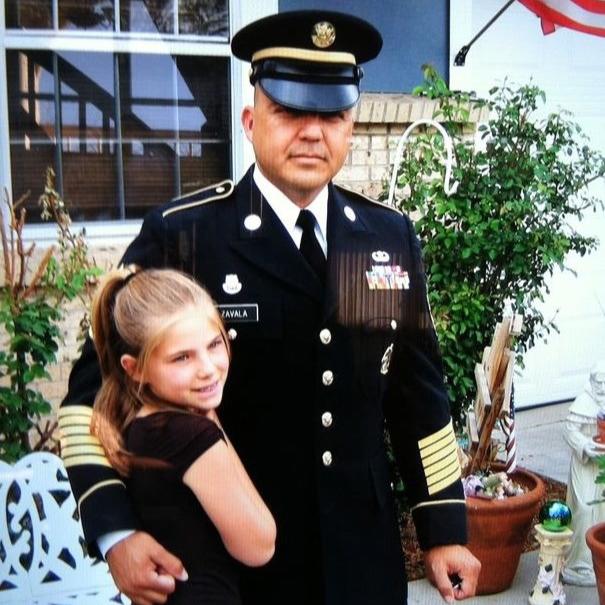
DONATION IS A TWO WAY STREET
The organ, eye and tissue donation conversation for the Zavala family, though, didn’t end at Bobby Zavala helping to extend his brother’s life through transplantation. Some may call it kidney karma that a generous ocular donor offered the gift of restored vision to Bobby Zavala’s daughter, Rhegan Zavala, who lived with corneal blindness for a few years until her cornea transplant in 2015.
Two recipients and a living donor in one family. Bobby Zavala says his faith, and that of his family, helped them get through such difficult times, especially after Ernie passed away almost two decades after his transplant surgery.
“If I said it was easy, I’d be lying to you,” says Bobby Zavala. “I continue to have faith, press forward, ask for guidance, and never give up.”
What Bobby Zavala also does not want to give up is the importance of donation within the Latino community. He fears some may not prioritize the topic until it hits close to home.
“There are people out there who are missing out on life, waiting for a new opportunity to live their life normally again,” he says. “You can change a life and you can save a life.”
Currently, there are about 110,000 people on the national organ waiting list. More than 90,000 of them need a kidney donation.
WAITING TAKES A VILLAGE
“He’s an 11-year-old boy and completely isolated. He’s been going to the hospital his entire life and spends 11 or 12 hours a day connected to a [dialysis] machine,” says Sierra Kolomitz, mother to Tristan Black, who after years of health battles was recently added to the national organ waiting list. More than a decade of kidney complications means Tristan has never had a “normal childhood.”
“He can’t swim. He can’t eat food kids enjoy like cheese sticks or spend the night at his friend’s [house],” Sierra says, explaining that she feels she has to do everything to protect her young son whose health is fragile.
When he was only 17 months old, a high fever and the eruption of a rash prompted Sierra to take her son to the hospital. It was supposedly the flu, she says, but after a week without improvement, she took him back.
Midaortic syndrome is a disease that affects the aorta—the heart’s largest blood vessel. It took doctors more than three years to determine this ailment was the cause of Tristan’s poor kidney function and high blood pressure that caused those other issues at such a young age. While this disease is very rare, Sierra was relieved to put a name to the problem.
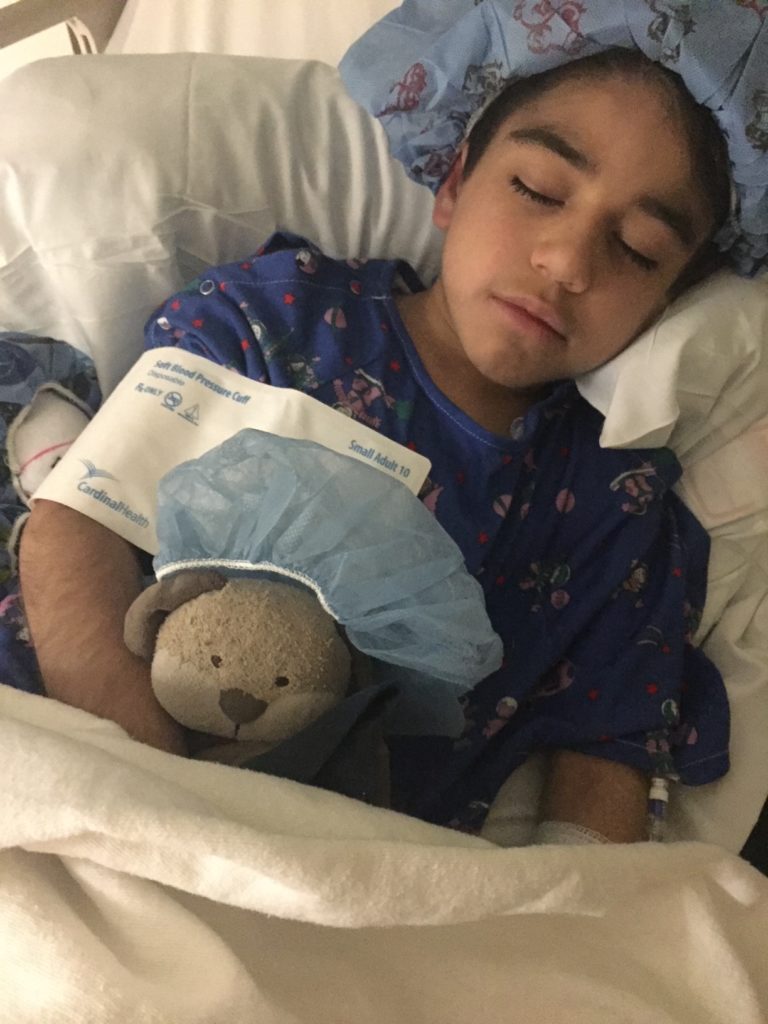
“We went the first three or four years not really knowing,” she explains. “What is his diagnosis? What is this going to entail for his life? We finally have a care plan.” A care plan, which for now involves dialysis for the 11-year-old. But dialysis is a kidney function therapy, not a long-term solution.
Phoenix Children’s Hospital added Tristan to the national organ transplant waiting list in March 2021. Tristan is now eligible to receive a matching kidney donation from a deceased donor. Sierra, an RN and former dialysis technician herself, knows the wait could be lengthy, but they have a whole community of support in their small town of Winslow.
Friends and family have already stepped up to see if they could be living kidney donors to save Tristan’s life. They say it takes a village to raise a child; it may also take a village to save a child, “and we have a great village,” says Bobby Kolomitz, Tristan’s stepfather.
“I tend to stay on the optimistic side,” says Bobby Kolomitz. “I just stay hopeful, but I know never receiving a kidney is a possibility.”
While they wait and pray, Sierra and Bobby Kolomitz work to keep a big smile on Tristan’s face because, “We’re lucky he is who he is. He’s the strongest person I’ve ever met in my life,” says Sierra. “There’s definitely a higher power that is pulling the strings, which is why he is still here today.”
To learn more about living donation, contact one of Arizona’s organ transplant centers. To join the DonateLifeAZ Registry for deceased organ, eye and tissue donation, visit DonateLifeAZ.org/register, or check the box when you obtain or renew a driver’s license or state ID.
Thank you to Justin Lum from FOX10 Phoenix for sharing Tristan’s story. Click here to read.
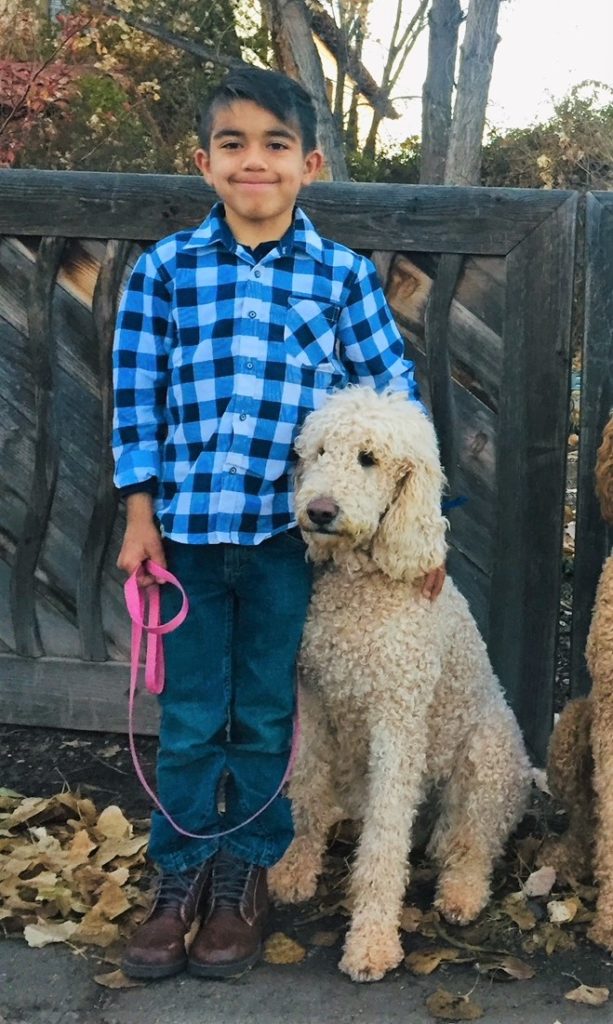
Why Isn’t Everyone Automatically An Organ, Eye And Tissue Donor?
An opt-in system versus having to opt out
The opt-in donation system asks people in the U.S. to record their choice as an organ, eye and tissue donor. In Arizona, the DonateLifeAZ Registry hit a milestone by totaling more than 4 million registered donors in 2020. With the current opt-in system, the U.S. has one of the highest organ donation rates across the globe, with data showing the U.S. in the top five in the world in donors per million population. But why not an opt-out system instead in which everyone would be a potential donor?
Our system differs from the opt-out system some countries use, most notably Spain. By opt-out we mean the legal authority to recover organs from a deceased donor unless the person registered a refusal. It otherwise assumes a person agrees to organ donation.
For the U.S., the opt-in system works best and often outpaces countries with an opt-out system. There are 58 organ procurement organizations (OPOs) that service the U.S. and its territories. The top 12 of those U.S. OPOs—roughly one-fifth of the system alone—have more donors per million than all of Spain. Also, Spain’s high donation rate itself was only realized 10 years after the adoption of the opt-out system because it based many of its hospital strategies on the U.S.’s already established system. So, why do they need those strategies if everyone is already supposed to be a donor?
Your Decision to Register versus Family Authorization
While countries with an opt-out system appear to have less obstacles by not requiring their people to register, they do not act on an individual’s donor status as authorization for donation. These nations still require a family’s consent in addition to opt-out authorization. Spain’s system is better understood as a “presumed intent” system but not authorization. Donation conversations with donor families are still required before proceeding, which don’t always lead to saving and healing lives.
For context, cases in which Donor Network of Arizona (DNA) require next-of-kin authorization for donation to occur with donors who did not previously register, families decline donation an average of 54% of the time. That means donation would potentially decrease in Arizona if it were to rely on family consent—albeit a determination we accept with respect—rather than a donor making their own legally binding decision to offer the gift of life.
In the U.S., the decision to register as a donor cannot be legally overridden by anyone other than the registered donor. It is considered an end-of-life decision, much like a will. Also, under the current system, DNA can contact a potential donor family for authorization if legal next-of-kin finds that being a generous donor matches their loved one’s values if that person were not already registered. In Spain, documentation of refusal means legal next-of-kin can never be contacted. Therefore, by law, zero potential for donation exists in such a case.
The opt-in system is based on the Uniform Anatomical Gift Act (UAGA), first adopted in 1968. This system is founded on our country’s values of individual rights, autonomy and choice. Organ, eye and tissue donation is an end-of-life decision we respect, even if sometimes the answer is no.
Black History Month
Decades of Appreciation and Respect
Charles Okeke’s first heart transplant gave him 10 years of life before his body began rejecting it. The antibodies that caused his first heart to fail would not allow for another transplant right away, and Okeke eventually became the first person in the U.S. to be discharged from the hospital with an artificial heart. That technology gave him the freedom to return home to his wife and three children until his second heart transplant, which came in January 2011.
This time, he also received a kidney from the same donor, because his kidney was damaged during the wait for a new heart. Thanks to this dual lifesaving transplant, Okeke’s quality of life dramatically improved. He celebrated 10 years with his second transplant in January 2021.
“There are no words to express my appreciation and respect for the family that made the courageous and generous decision to donate their loved one’s organs,” says Okeke. “I honor them and I am keeping my pledge to continue honoring and taking care of this great gift.”
Happy Valventine’s Day!
We are pumped for Valventine’s Day! Are you?
On Feb. 14 we’ll be celebrating National Donor Day. This is a time to focus on all types of donation, which can save, heal and renew the lives of so many. We recognize how organ, eye, tissue, blood, platelet and bone marrow donations all play a role in healing and saving people in Arizona and across the country and the world.
Here at Donor Network of Arizona (DNA), we affectionately call it Valventine’s Day to emphasize the impact donated heart valves can have. Heart valve transplants go to pediatric patients more 76% of the time. It gives them a second chance at life even before their lives truly get started.
His Golden Heart
Julianne Orren says the biggest question she has ever been asked is “Will you consider donating your son’s heart valves?” Little did she know that the effect of her quick “yes” would be the thing that carried her through one of the most difficult times of her life.
Once born, “Nate the Great” would not be able to survive long in this world, and after a short, precious time with his family, he went on to be a heart valve donor and a hero.
“Giving heart to the world is the only thing in all the string of change that this loss brought on that made any sense!” says Julianne. “That night, Nate the Great became a hero to two families and their babies who received part of his golden heart.”
Hearing that Nate’s donated heart valves had saved two other children gave his family a silver lining of hope.
“[Fifteen years ago], two phone calls were placed to parents who had babies with hearts that needed a new valve to save their hearts from needing a transplant in their future. I have imagined these parents answering these calls with the summons for transplant surgery that night. Elation, nervous fear, tears, calling of support, kisses and hugs, relief all wrapped in a blanket of hope and incredible gratitude. Each knew what available valves meant to another family and I have huge compassion for that knowing,” writes Julianne in a post honoring Nate on Facebook.
Arizonans’s Generosity Has Not Wavered
Tragic and world-shifting events in 2020 offered unique challenges, but “Arizonans’ generosity has not wavered” says Tim Brown, DNA’s president and CEO.
DNA recorded the highest number of heart valve donors for a single organization in United States history last year.
Join us as we celebrate Valventine’s Day and in honoring all our donors from 2020, a remarkable year in sharing the gift of life!

